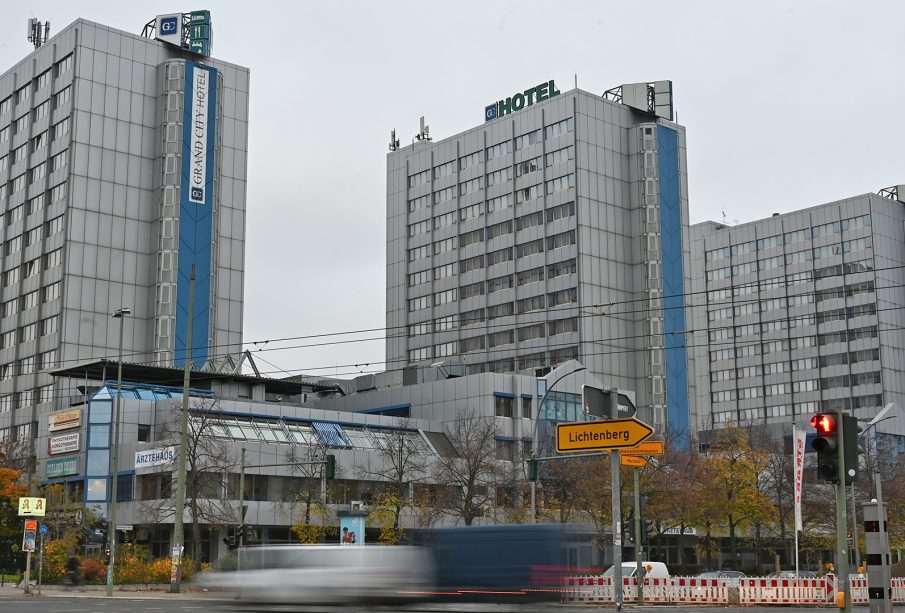The Evolving Landscape of Canadian Cities

Introduction
Canadian cities are at a pivotal moment in their development, influenced by factors such as climate change, population growth, and technological advancements. Urban areas are increasingly becoming melting pots of culture and innovation, making it essential to understand these changes. This article explores the evolving nature of cities in Canada and their significance in contemporary society.
Current Trends in Urban Development
As of 2023, many cities across Canada are adapting to meet the challenges posed by rapid urbanization. For instance, Toronto has seen a substantial increase in population density, which has prompted city planners to invest in sustainable housing solutions. The introduction of the Toronto Housing Now Initiative aims at increasing affordable housing stock while addressing environmental concerns.
Similarly, Vancouver is investing heavily in green infrastructure. The city’s Greenest City Action Plan seeks to reduce greenhouse gas emissions, increase green spaces, and promote public transit. Such initiatives are critical as urban areas contribute significantly to carbon footprints and environmental degradation.
Innovations in Urban Spaces
Technology plays a crucial role in transforming Canadian cities. Cities like Montreal are embracing smart city initiatives that leverage data and technology to improve urban living. Programs promoting smart lighting and waste management systems are being implemented to enhance efficiency and reduce costs.
Moreover, cities are emphasizing resilience to climate change through infrastructure improvements. The recent Resilient Cities Program has allowed municipalities across Canada to develop strategies aimed at mitigating the impacts of natural disasters, such as floods and heatwaves.
Conclusion
The evolution of Canadian cities is influenced by a myriad of factors including socio-economic growth, environmental challenges, and technological advancements. The commitment of cities to sustainable development and innovative solutions not only enhances the quality of urban life but also ensures the longevity of these urban spaces in the face of changing global dynamics. Looking ahead, the significance of proactive urban planning and community engagement will be crucial in shaping resilient, lively city landscapes for future generations.









